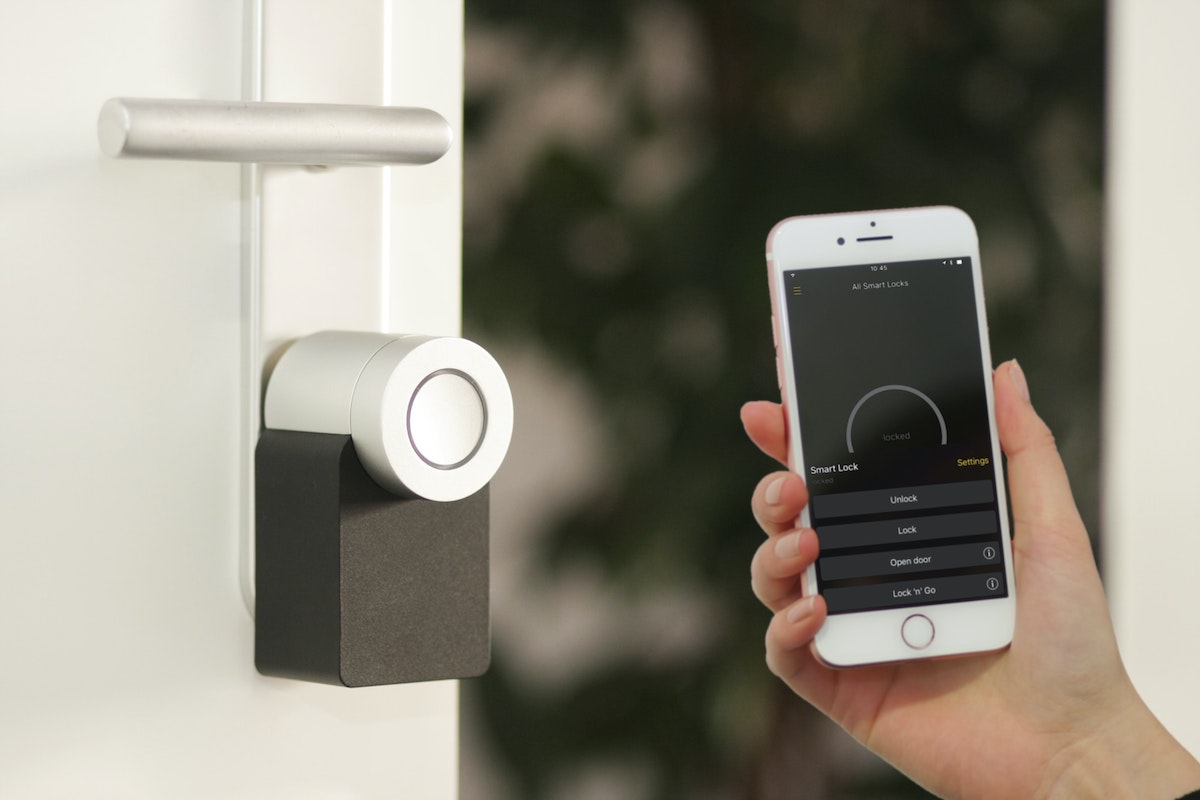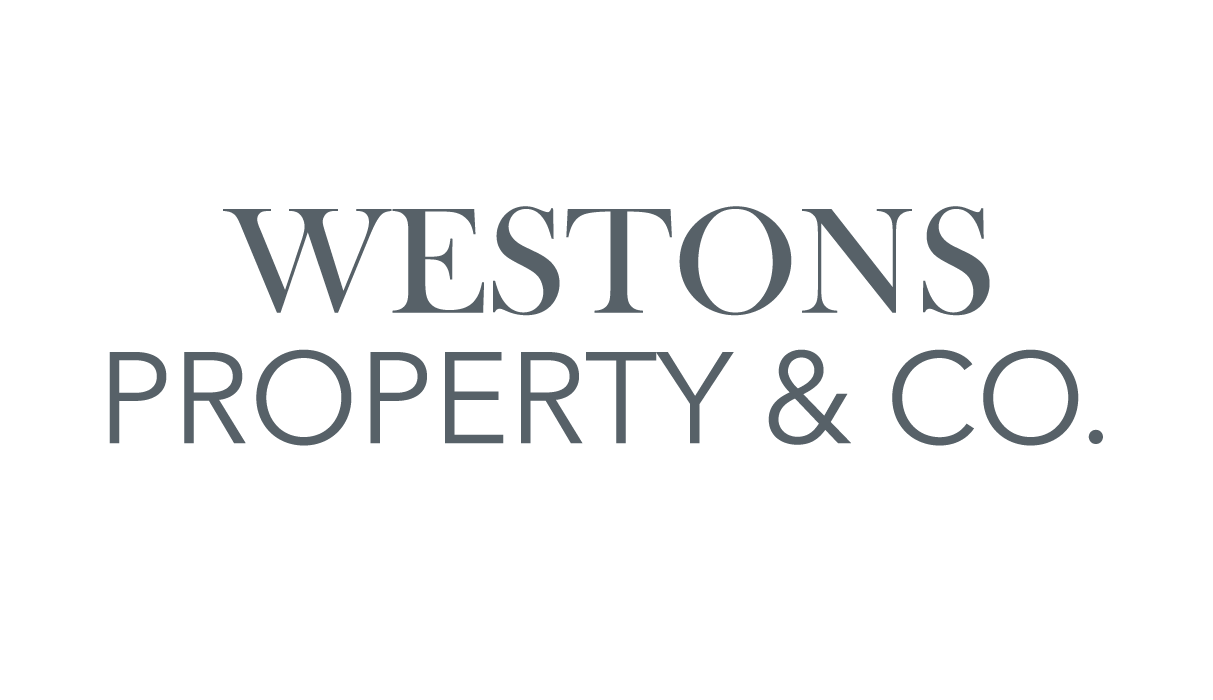
Do smart home features increase your Hills’ home value?
The future is here now. Smart home features make everyday life more convenient and energy-efficient and are considered increasingly desirable, if not essential, when selling a home. As the technology has evolved and become easier to use, it has also become more affordable.
For an idea of how much it might cost to retrofit your home with smart features or incorporate them in a new home build, check out Lera Smart Home Calculator. Bear in mind the initial investment in smart technology can pay off in terms of long-term energy efficiency savings and make your home more attractive to home buyers if selling.
Here are some of the smart features that make your home easier to run and give it an edge in a competitive property market.
Smart technology for heating and air conditioning
These days you can regulate your home’s heating and air conditioning from an app on your phone, with a smart thermostat or by telling Siri, Alexa or your Google Assistant to turn the temperature up or down. That means you can avoid heating or cooling rooms you’re not using, program temperatures for optimum comfort (say, when you’re on your way home from work), and have your energy usage automatically adjusted.
Smart technology for lighting
When your home’s lighting systems are automated and interact together, you can control the lights in every room in the house from, say, the kitchen or on your phone wherever you are.
As well as changing the ambience with programmable dimmers and lighting select areas, smart lighting allows you to turn lights on and off remotely, which is a valuable security measure when you’re away for any length of time – your house is much less likely to be burgled if it looks like you’re still there.
Smart home security
Security is an important feature for most homeowners and while you can spend as much money as you like on complicated traditional systems, there are smarter, more affordable options that will also enhance the value of your home.
A basic system can connect CCTV cameras (including video front-doorbells) and motion sensors to your phone, so you’re alerted immediately if there’s a problem. In the same way, your phone can receive a smoke detector alert – much more useful than when a detector is beeping and there’s no-one at home to hear it and deal with a fire. For a detailed analysis of smart security systems and costs, check out PC Magazine’s Smart Home Security Systems report.
Smart home apps for garden maintenance
Water is our most precious resource and a smart irrigation system can help ensure your lawn and garden beds get enough moisture to be healthy without wasting any of it.
The simplest system, like this Smart Irrigation System suggestion from Bunnings, is one that connects a battery-operated tap timer to an associated app on your phone, then programs the app to water the garden at set times.
Using a system such as iZone’s Smart Irrigation means you can add IFTTT (if this, then that) applets that work in sync with changing weather systems – ideal when you’re away from home.
Smart home appliances
Household appliances such as fridges, ovens and washing machines are becoming increasingly sophisticated.
For example, smart fridges equipped with internet-connected touchscreens and internal cameras can tell your phone what’s inside it so you can shop for missing groceries. Some models integrate calendars and recipes based on the fridge’s contents. However, investing in a smart oven is more likely to add value to your house because you won’t want to leave that fridge behind when you sell and move on!
If you are considering selling your Hills District home and would like some free tips on which areas of your property to update or renovate, in advance of putting your home on the market, please do not hesitate to get in touch.
